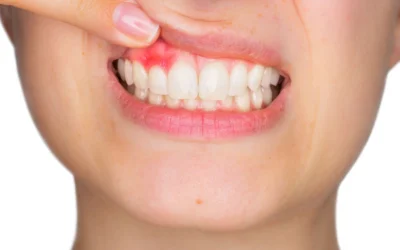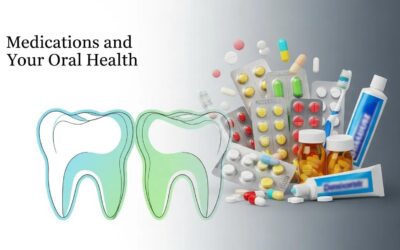What Is Bruxism?
Have you ever caught yourself clenching your jaw during a stressful moment or waking up with a sore jaw and wondering why? You might be experiencing bruxism, a condition where individuals grind or clench their teeth unconsciously. Although it might seem like a harmless habit, bruxism can lead to serious dental and health problems if left untreated.
Bruxism is a condition characterized by involuntary grinding or clenching of the teeth. This can happen during the day or at night, and while it may go unnoticed at first, over time it can lead to a variety of dental and health issues. People of all ages can be affected by bruxism, and it often correlates with stress, anxiety, and certain lifestyle habits.
In this post, we’ll explore the two main types of bruxism, their causes and symptoms, long-term effects, and how dentists diagnose and treat this often-overlooked condition.
Types of Bruxism
There are two primary types of bruxism:
Awake Bruxism
This occurs during waking hours, often without the person realizing it. It’s typically associated with emotional states such as stress, anxiety, anger, frustration, or tension. People with awake bruxism may find themselves clenching their jaw or grinding their teeth during times of concentration or emotional distress.
Sleep Bruxism
Sleep bruxism happens while you’re asleep and is considered a sleep-related movement disorder. People with sleep bruxism are often unaware of their grinding unless someone else hears it or a dentist notices the signs during a routine exam. This type of bruxism is more likely to be associated with other sleep disorders, such as snoring or sleep apnea.
What Causes Bruxism?
While the exact causes aren’t fully understood, several factors may contribute to the development of bruxism:
- Stress and Anxiety: One of the most common triggers, especially for awake bruxism.
- Personality Type: People who are more aggressive, competitive, or hyperactive may be more prone.
- Sleep Disorders: Such as sleep apnea, which can trigger nighttime grinding.
- Medications: Certain antidepressants and psychiatric medications have been linked to increased risk.
- Substance Use: Including caffeine, alcohol, tobacco, and recreational drugs.
- Genetics: Sleep bruxism tends to run in families.
According to Cleveland Clinic, these risk factors can interact in complex ways, and understanding the root cause is essential for effective treatment.
Symptoms of Bruxism
Bruxism may be mild and occasional, or severe and frequent. Common symptoms include:
- Jaw, neck, or face pain
- Headaches, especially in the temples
- Tooth sensitivity or pain
- Worn, flattened, or chipped teeth
- Clicking or popping of the jaw (temporomandibular joint dysfunction)
- Tired or tight jaw muscles
- Disrupted sleep
Because it often occurs during sleep, many people don’t realize they have bruxism until complications arise or a dentist notices the signs.
What Are the Long-Term Effects of Bruxism?
If left untreated, chronic bruxism can lead to serious consequences:
- Tooth damage: Fractures, enamel wear, and even tooth loss
- Jaw disorders: Such as temporomandibular joint disorder (TMJ)
- Chronic pain: In the jaw, face, or head
- Sleep disturbances: For the individual or a partner due to grinding sounds
- Restorative dental costs: Extensive repairs, crowns, or dental implants may be required
Read more about The Importance of Flossing
Is Bruxism a Serious Condition?
While bruxism isn’t life-threatening, it can become a serious dental and health issue if ignored. The damage to teeth and the discomfort it causes can significantly affect one’s quality of life. It’s important to treat bruxism not just for oral health, but for overall well-being.
Mayo clinic emphasizes that early intervention is key to preventing long-term damage and managing the condition effectively.
Diagnosis and Treatment
How Dentists Diagnose Bruxism
Dentists can usually identify signs of bruxism during a routine dental exam. They may notice:
- Excessive wear on teeth
- Cracks or chips in enamel
- Jaw tenderness or tightness
- Enlarged jaw muscles
In some cases, your dentist may refer you to a sleep specialist for further evaluation, especially if sleep bruxism or sleep apnea is suspected.
Treatment Options
Treatment for bruxism varies depending on the severity and underlying causes:
- Mouthguards or Splints: Custom-fit night guards can protect teeth during sleep.
- Stress Management: Techniques like meditation, counseling, or exercise can reduce anxiety-driven clenching.
- Behavioral Therapy: Learning proper jaw positioning and relaxation techniques.
- Dental Correction: In severe cases, reshaping the chewing surfaces or restoring damaged teeth.
- Medications: Muscle relaxants, anti-anxiety medications, or Botox injections in extreme cases.
Lifestyle changes—such as reducing caffeine and alcohol intake, quitting smoking, and establishing a calming bedtime routine—can also play a big role in managing symptoms.
Final Thoughts
Bruxism is more common than many people realize, and while it might start as a minor habit, it can have lasting effects on your oral and overall health. If you suspect you might be grinding your teeth—whether during the day or night—don’t ignore the signs. Talk to your dentist about your symptoms. Early diagnosis and treatment can prevent serious complications and help preserve your smile for years to come.




